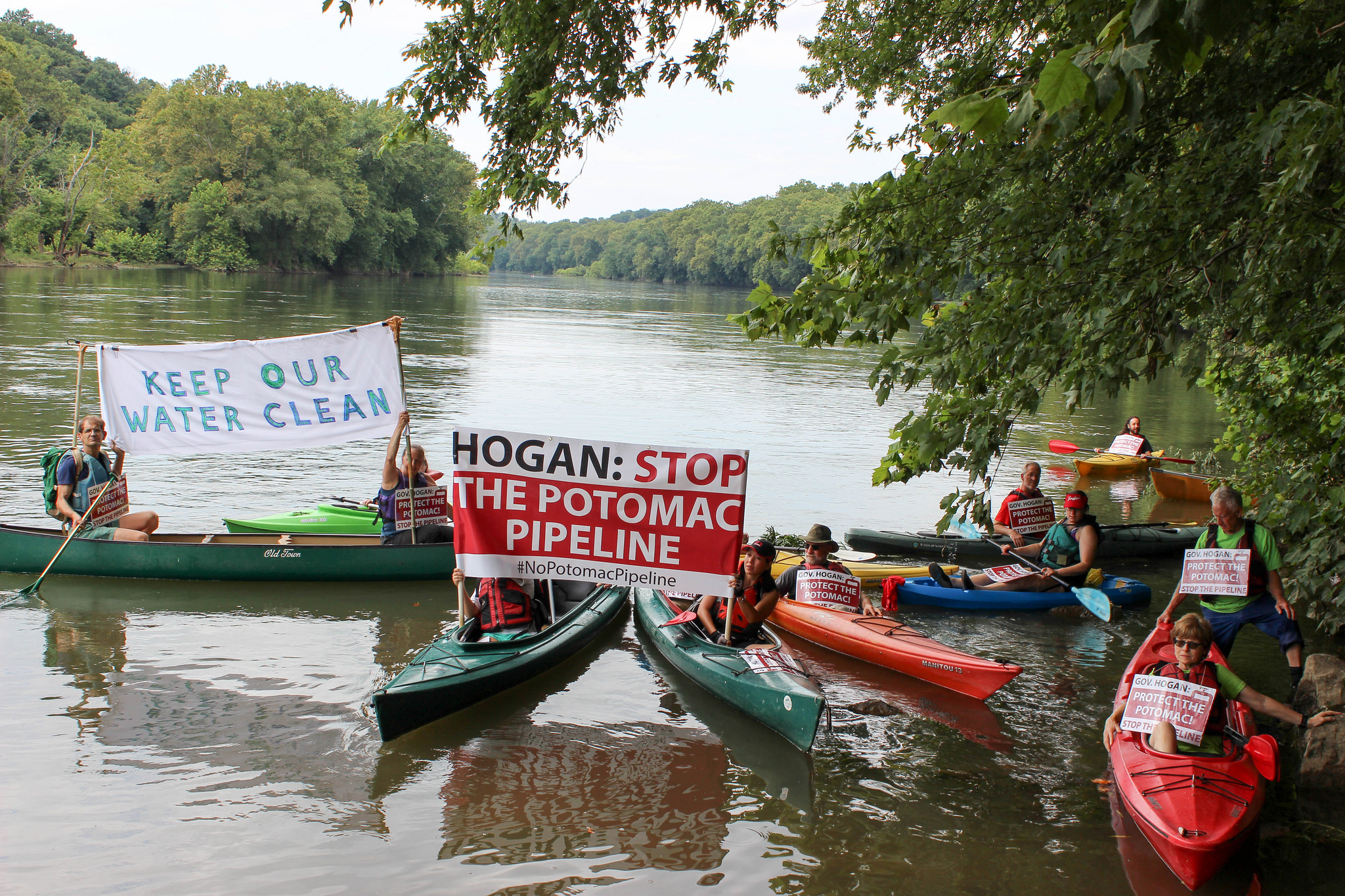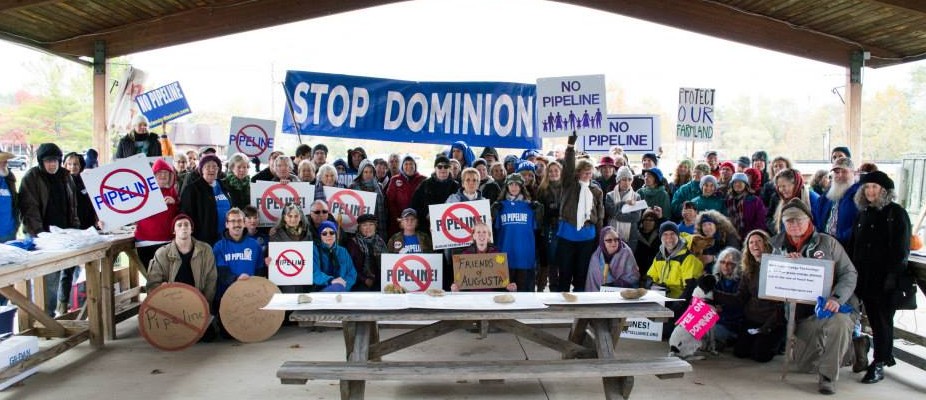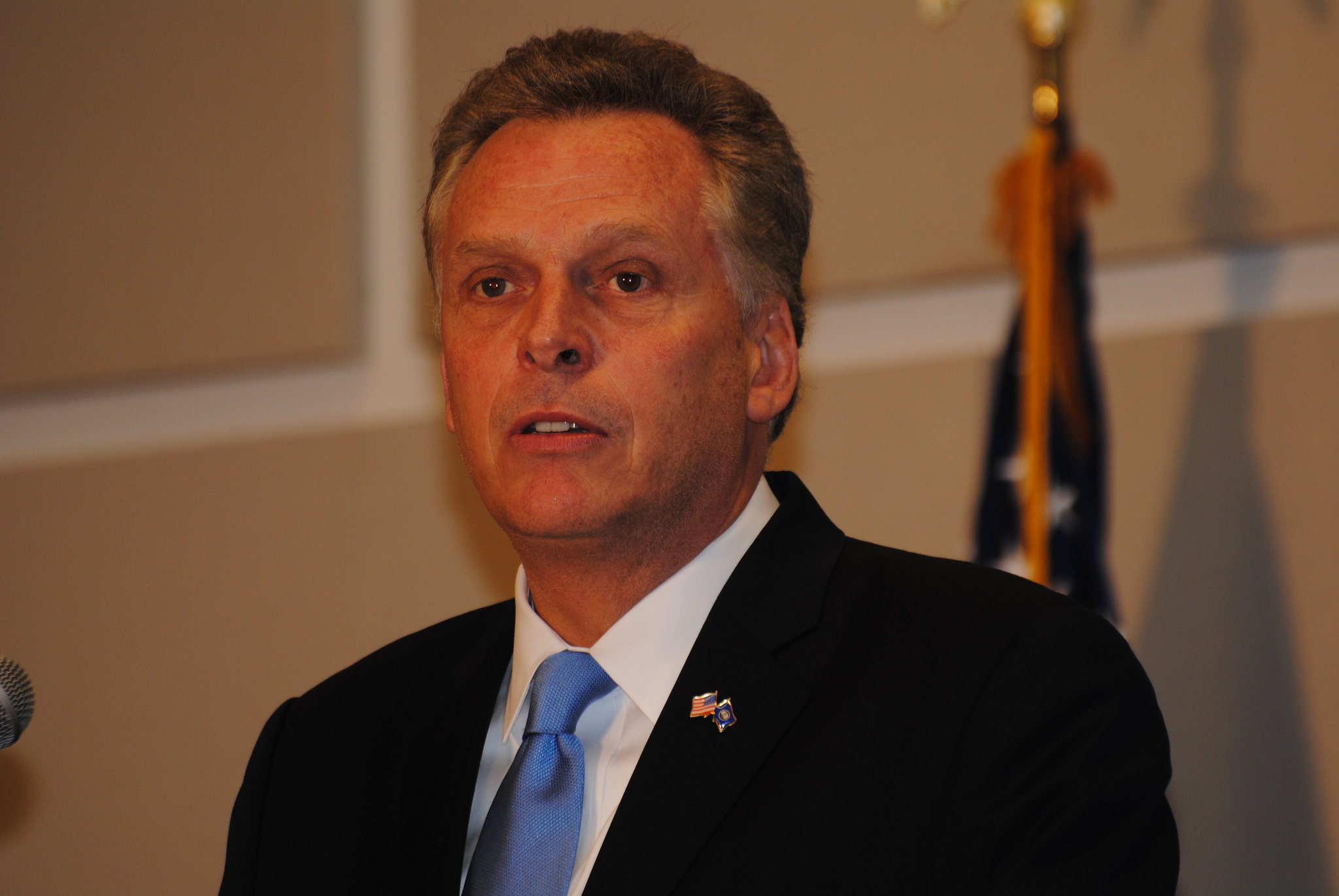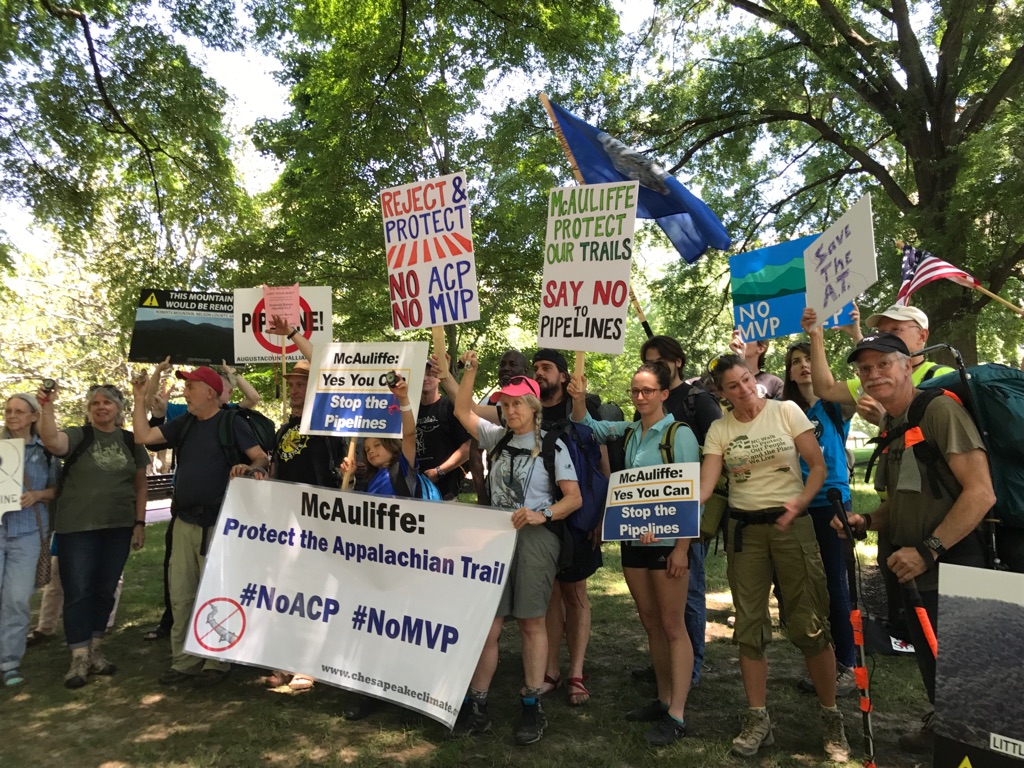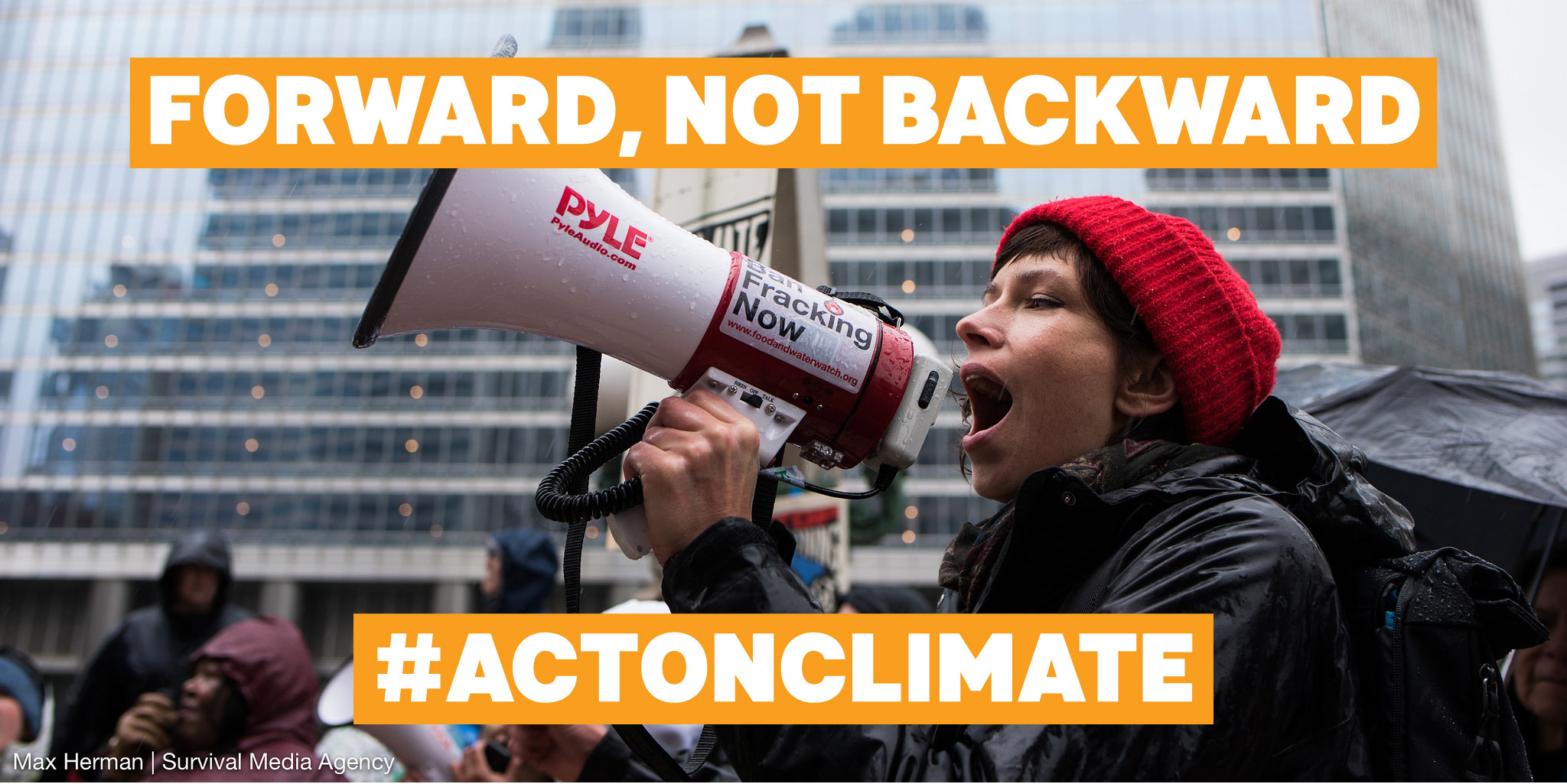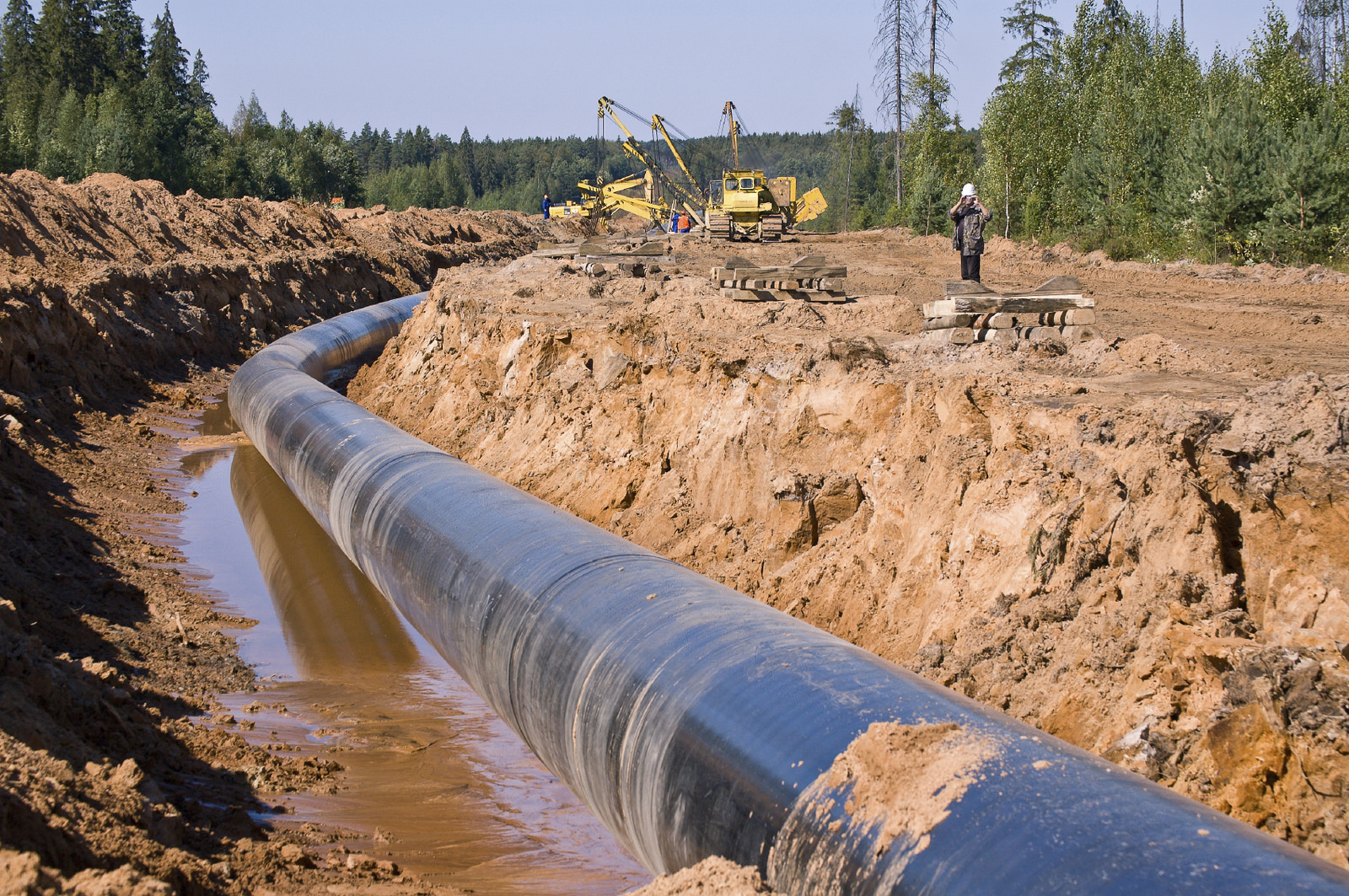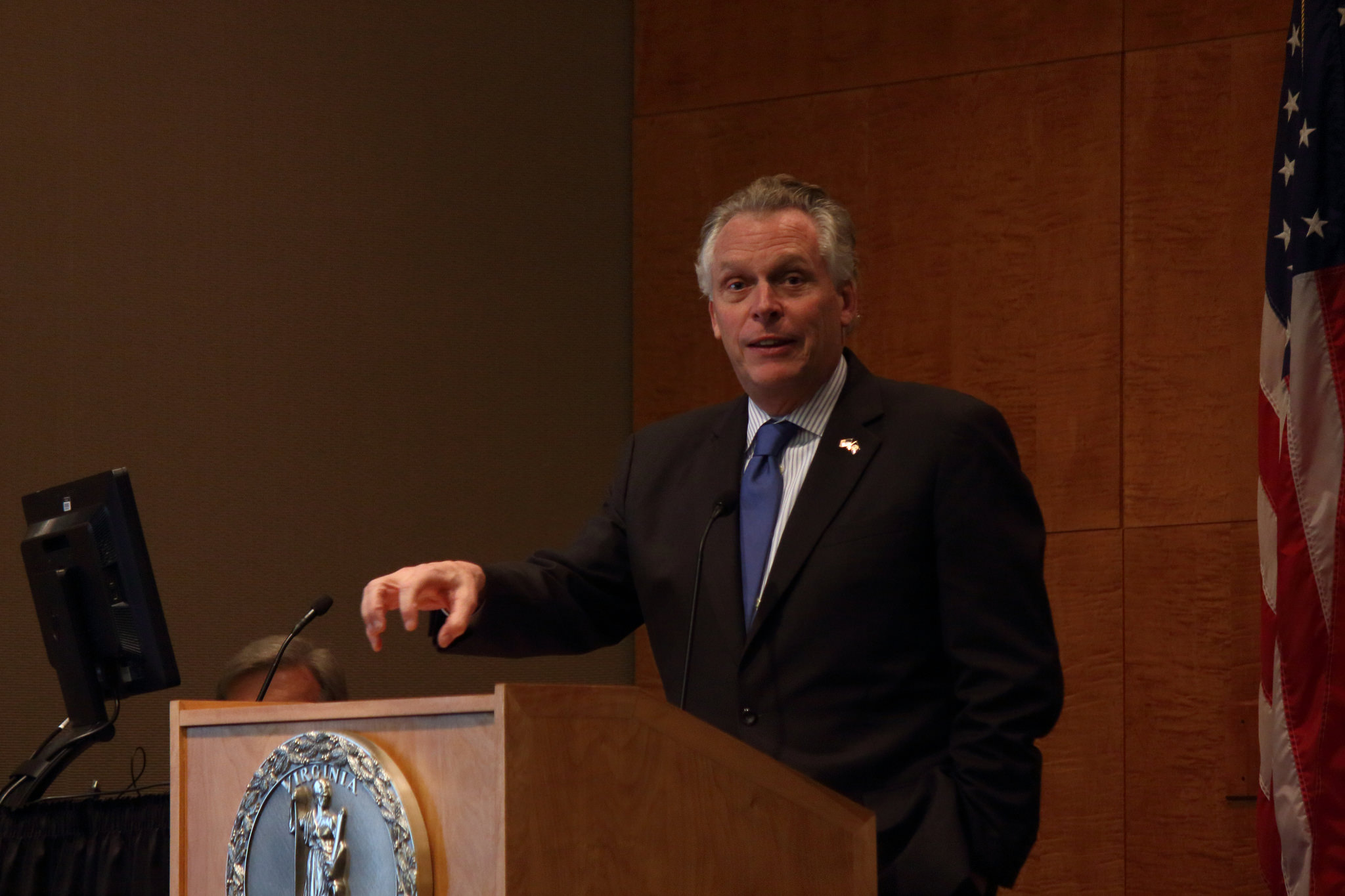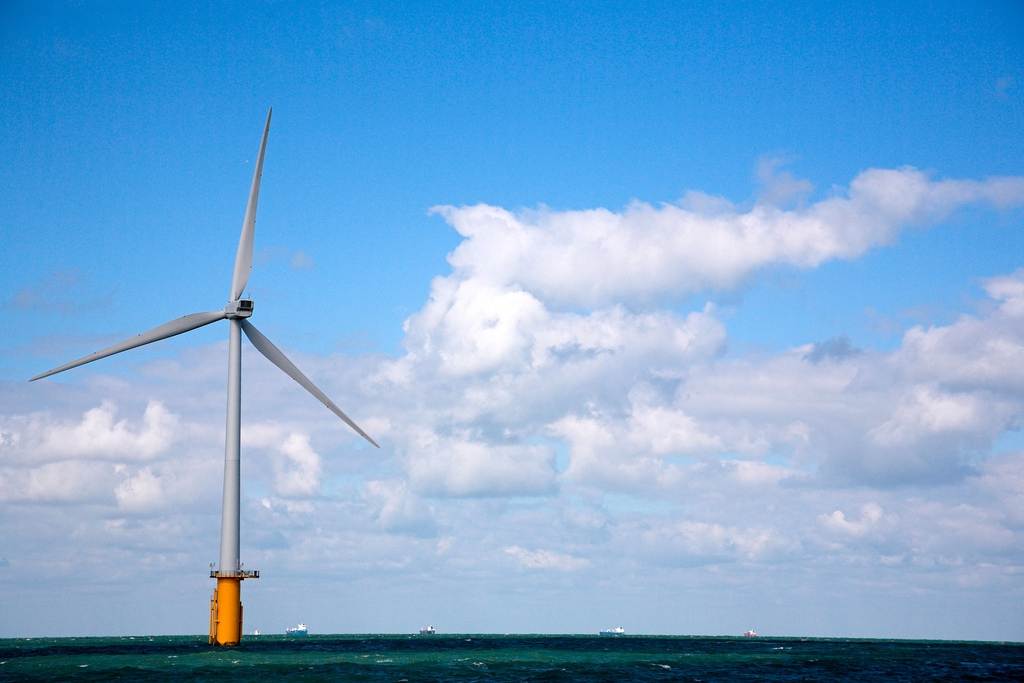Protest Encampment Inspired by Standing Rock Reaches Its Culmination
SHARPSBURG, MD — On Friday, August 11 at 1:00 pm, dozens of activists — many in kayaks — spanned the Potomac River in a powerful showing of opposition to TransCanada’s proposed pipeline under the Potomac. Activists paddled down the Potomac with large protest banners, drawing attention to the treasured river through which the pipeline is proposed to be constructed. The group called on Governor Larry Hogan to complete the statewide fracking ban by stopping fracked-gas infrastructure and ultimately reject the project.
Sen. Richard Madeleno (D-18), who supported the recently-passed statewide fracking ban, stated: “At long last, Governor Hogan supported our groundbreaking ban on fracking, but fracking infrastructure still threatens the drinking water of Maryland citizens. For the water and health of all Marylanders, Hogan must complete the ban and reject TransCanada’s fracked-gas pipeline.”
The “kayaktivist” action was among the latest actions of a months-long rolling encampment titled “Standing Rock to Hancock: Camp Out to Stop the Potomac Pipeline,” which has been taking place throughout the summer with camp-outs along the C&O canal near Hancock, Maryland. This is the first extended encampment of its kind used to protest fossil fuels in Maryland history.
Momentum is building and the encampment is growing as part of efforts to urge Gov. Hogan to reject the Eastern Panhandle Expansion Project. When TransCanada held a forum about the pipeline in February, more than 100 residents of Maryland and West Virginia showed up to oppose its construction. Now, dozens of activists have camped out each weekend since the protest encampment launched July 30, and hundreds of calls and comments have been sent to Governor Hogan and the Maryland Department of Environment (MDE), which has the authority to deny the permit necessary for the pipeline’s construction.
Patricia and Dean Kesecker, West Virginia landowners whose land was forcefully claimed by Mountaineer Gas to build the pipeline were also present. Patricia Kesecker stated: “Mountaineer Gas has wrongly taken our land for eminent domain, a process meant to be used for public good. But no good will come of this pipeline. They have taken our rights to our own land, and threaten the rights of everyday citizens to access healthy land and clean drinking water. Mountaineer and Transcanada are trampling on those rights for the sake of their pocketbooks.”
Tracy Cannon, organizer with Eastern Panhandle Protectors, stated: “A leak or spill from this pipeline would result in catastrophe. As we’ve seen in Ohio with the ETP’s Rover Pipeline and even more recently in Pennsylvania with Sunoco’s Mariner East Pipeline, blowouts and leaks of drilling mud during horizontal directional drilling are not uncommon. Tourism is the economic driver in the Eastern Panhandle. We cannot afford to damage our pristine environment for the sake of a pipeline that would bring more harm to our neighbors.”
The proposed Eastern Panhandle Expansion Project is three-mile long pipeline that would carry dangerous fracked gas from Pennsylvania through Maryland and into West Virginia. It would threaten millions of residents in Maryland, Virginia and Washington, D.C. who rely on the Potomac river for drinking water.
In order for the proposed Eastern Panhandle Expansion Project to move forward, the Maryland Department of the Environment (MDE) would need to grant the 401 Water Quality Certificate under the Clean Water Act. Hogan has the ability to direct the MDE to reject this certificate. The MDE has stated that it will hold a public hearing on the permit application in coming weeks.
Brooke Harper, Maryland Policy Director with the Chesapeake Climate Action Network and Environmental Chair for the Maryland State Conference NAACP, stated: “This pipeline would bring no benefits whatsoever to the state of Marylanders, only risks. the pipeline would deepen our dependence on dirty fossil fuels for years to come. With the impacts of global warming accelerating, we cannot afford to wait any longer to switch to clean energy. Instead, TransCanada wants to threaten the public health and drinking water of our communities.”
Before the press conference, campers joined a cave tour at Crystal Grottoes to view the region’s fragile karst geology, which is characterized by underground drainage systems with sinkholes and caves and is easily susceptible to transmission of pollutants through connected underground aquifers. The pipeline could degrade pristine streams and further threaten public and private water supplies. Using hydraulic directional drilling under streams in karst geology would create pathways for water to drain down the bore holes and dissolve the limestone around the piping. This activity can create sinkholes that could impact the integrity of the pipeline, causing subterranean ruptures and even explosions, further threatening the Potomac River.
Organizations participating in the encampment include the Chesapeake Climate Action Network, Eastern Panhandle Protectors, Potomac Riverkeepers, Food & Water Watch, Waterkeepers Chesapeake, and the Sierra Club Maryland Chapter.
###
To view more photos from this event, check out our photos of the Kayak Action and the Crystal Grottoes Tour
CONTACT:
Denise Robbins; Chesapeake Climate Action Network; denise@chesapeakeclimate.org; 608-620-8819
Brooke Harper; Chesapeake Climate Action Network; brooke@chesapeakeclimate.org; 301-992-6875

